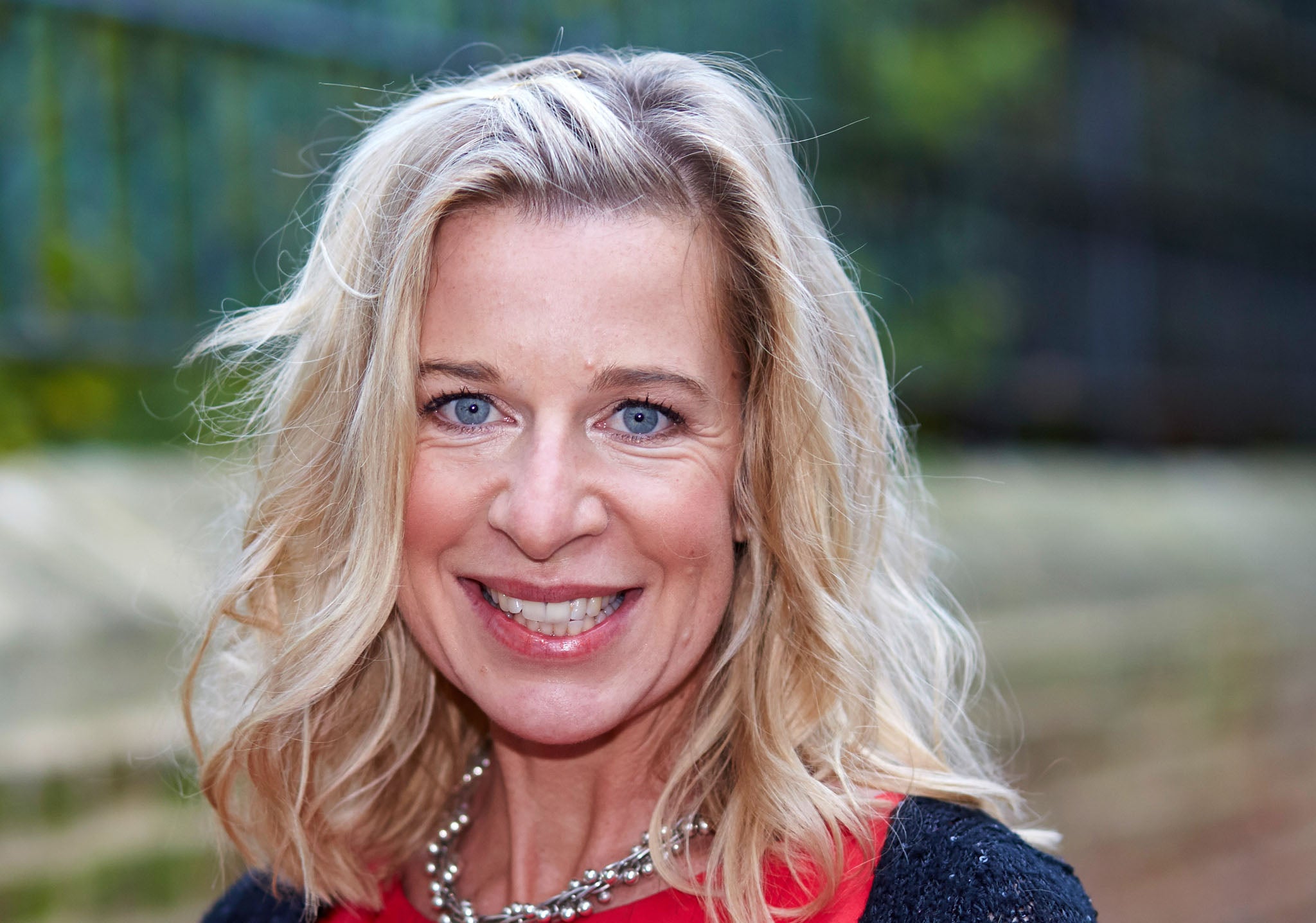Katie Hopkins' views are now considered matters for law enforcement, and it is utterly terrifying
The overused Orwellian cliché has finally become the reality

Your support helps us to tell the story
From reproductive rights to climate change to Big Tech, The Independent is on the ground when the story is developing. Whether it's investigating the financials of Elon Musk's pro-Trump PAC or producing our latest documentary, 'The A Word', which shines a light on the American women fighting for reproductive rights, we know how important it is to parse out the facts from the messaging.
At such a critical moment in US history, we need reporters on the ground. Your donation allows us to keep sending journalists to speak to both sides of the story.
The Independent is trusted by Americans across the entire political spectrum. And unlike many other quality news outlets, we choose not to lock Americans out of our reporting and analysis with paywalls. We believe quality journalism should be available to everyone, paid for by those who can afford it.
Your support makes all the difference.At some point saying “offensive” things online stopped being a social faux pas and became a potentially criminal act.
Dare to be rude about the wrong person or group and, in a bad parody of Erich Honecker’s East Germany, you could hear the knock on the door in the middle of the night and be dragged off to some dreary police cell for questioning.
I exaggerate of course, but not much: around 20,000 people in Britain have been investigated in the past three years for comments made online, with around 20 people a day being looked into by the forces of the law, according to figures obtained under the Freedom of Information Act.
The overused Orwellian cliché has finally become the reality: Big Brother in the form of an overzealous and under regulated police force really is watching you. As Police Scotland terrifyingly informed us this week, “Please be aware that we will continue to monitor comments on social media and any offensive comments will be investigated.”
And so, in a further erosion of free expression, the police in Scotland have this week decided to investigate former Apprentice star and professional controversialist Katie Hopkins for off-colour comments made online about the Scottish nurse who contracted Ebola.
Doing what she is paid handsomely to do (and presumably what got her 291,000 Twitter followers), Hopkins came up with the most grotesque thing she could say about the issue and condensed it into 140 characters, tweeting that the nurse in question was a “sweaty Glaswegian” and referring to Scots as “Jocks”.
In response, the perennially thin-skinned of Twitter cobbled together a 12,000-strong petition demanding that Hopkins be charged over the tweets and handed it to a police force desperately looking to justify its place in the world at a time of falling crime.
Predictably the police pounced on it. As Detective Inspector Glyn Roberts of Police Scotland put it: “Inquiries are ongoing into the nature of these tweets and to establish any potential criminality.”
Since the birth of social media a fruitful relationship has developed between those who seek to offend and those who spend every waking hour looking desperately for something to be offended by. Indeed, notoriety of Katie Hopkins is largely due to the legions of people who froth with outrage at (and publicise) her every utterance.
But now things are getting really serious, for at some point we accepted the dreadful premise that unpleasant – and yes “offensive” – opinions ought to be silenced by force. Idiotic views are now considered matters for law enforcement and it is utterly terrifying.
This isn’t only about professional controversialists like Hopkins: what of the woman found guilty of a public order offence for saying that David Cameron had “blood on his hands”? Or Azhar Ahmed, who was prosecuted for an online post mocking the deaths of six British soldiers killed in Afghanistan?
All vile and grossly insensitive certainly; but on balance I think I’m more afraid of the Twitter Stasi and their increasingly zealous police enforcers.
Rather than obsessing over their tweets, we ought to leave the Katie Hopkins’s of the world to the obscurity they so richly deserve. And more importantly, we should keep the police out of it.
Join our commenting forum
Join thought-provoking conversations, follow other Independent readers and see their replies
Comments